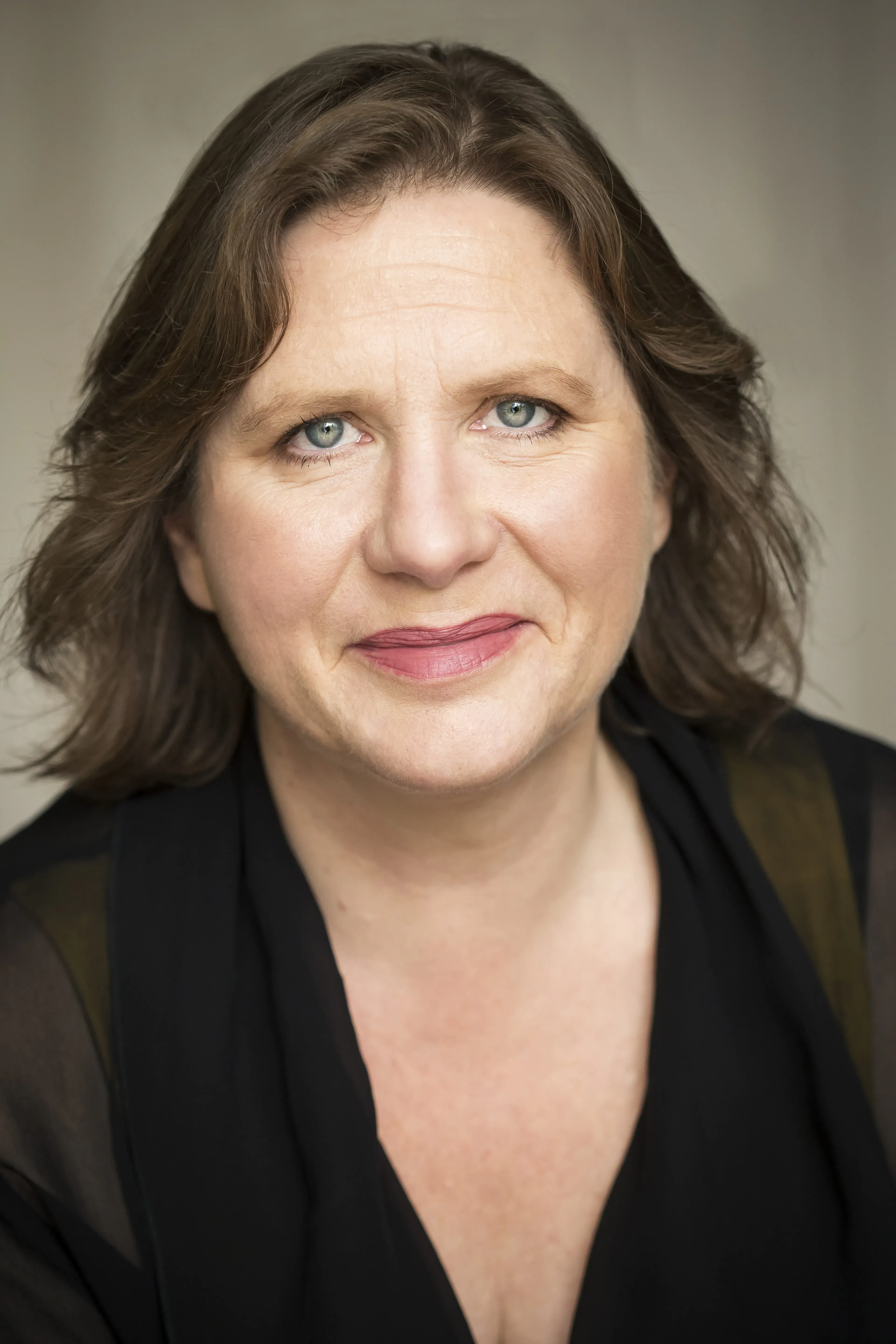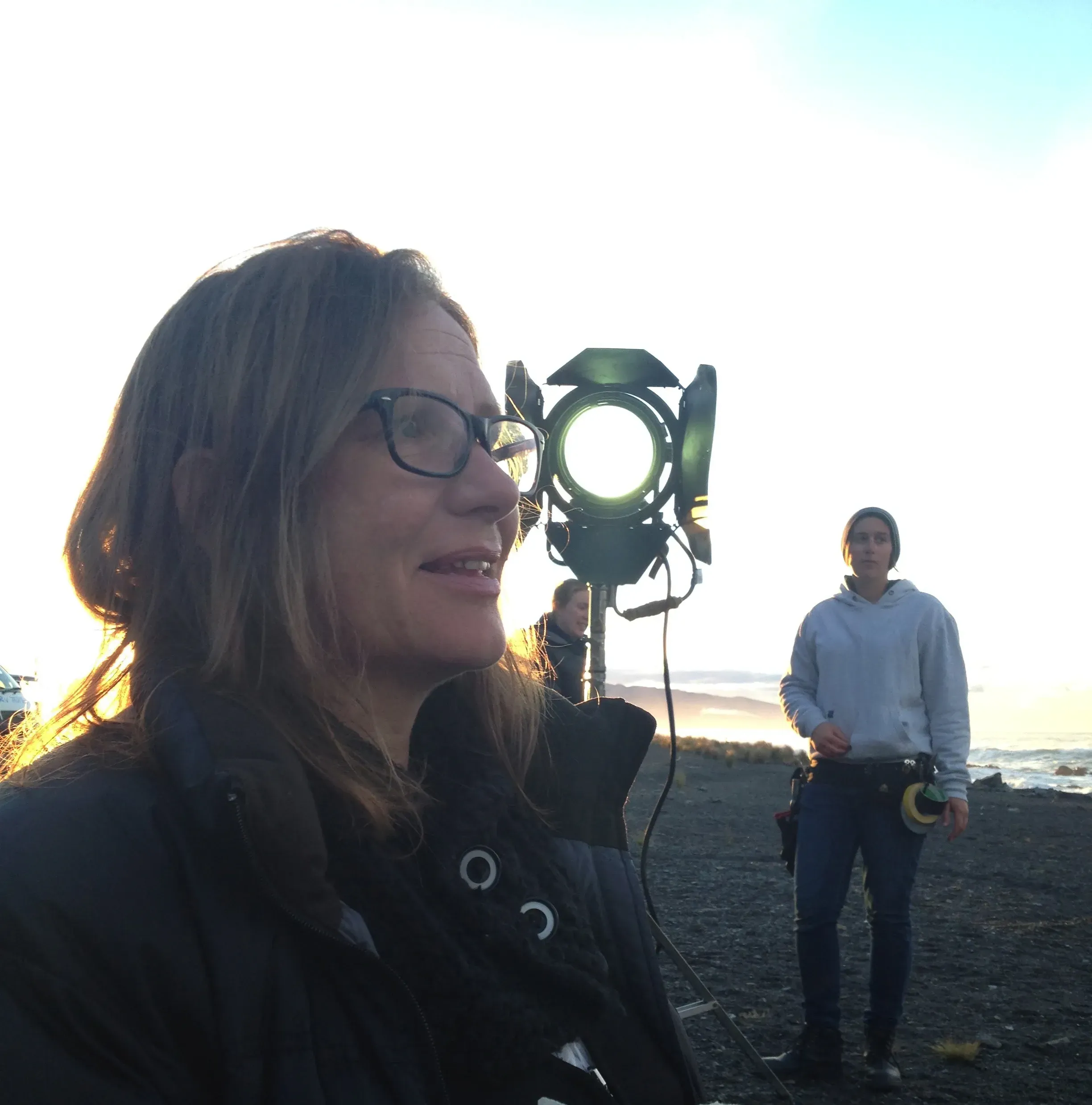Kathy McRae: Navigating modern gender dynamics
Written by

Kathy McRae has successfully navigated a career as an actor and a director in the largely male dominated theatre and screen industries, where even today only 10% of directors are female. With 20 years of directing under her belt, she offers a fine example of someone who has not allowed barriers she has faced limit her drive to act and direct. Currently, she is directing Emily Perkin’s adaptation of Henrik Ibsen’s 1879 play, A Doll’s House. As the season at Circa Theatre approaches, we discussed the changes she has seen for women in the industry over the course of her career and the increased push for women to be reaching leadership roles.
Set in 1879 in Norway, A Doll’s House focuses on the fate of a married woman and her lack of opportunities to reach self-fulfillment in a male dominated world. Kathy was drawn to directing the play because of the way that Emily Perkin’s had beautifully crafted the script to hold relevance within a contemporary New Zealand setting. It promises to be just as significant in its comment on social norms and gender politics as it was in 1879.
Kathy explains that Perkin’s modern day adaptation of A Doll’s House presents a couple who on the outside look like they are more equal than in the original text, but at the heart they remain a couple who have invested in the man being the big provider and the woman being the nurturer. While on the surface, it can seem like the days of women living their lives through their husbands is a thing of the past, in reality, social norms continue to present women as the nurturers, and until gender pay equity has been reached, men will always be favoured as the provider. “By creating a fresh and exciting exploration of a modern marriage, Emily Perkins stops us relegating the difficulties of the domestic power balance to the past,” says Kathy.
This theme of gender power dynamics has been present (and unavoidable) across Kathy’s entire career. As a young actress starting out, it was “getting known” that was the hardest challenge. While this is a challenge for anyone taking their first steps in an acting career, for women, the barriers are significant. “There’s not many roles for women, even young women. There are usually more men in a play than women - just look at Shakespeare's plays.” In TV and films this ratio is even smaller.
Fresh out of drama school in the 1980s, Kathy attended a meeting called by Equity NZ at the old Depot Theatre (which later became Taki Rua productions) in Wellington. Equity had invited female actors to join them in a discussion about the state of play for women in the sector. That meeting, Kathy says, was long, and it was fascinating. The discussion centred on the fact that every woman in the room was caught in a competitive playing field where they had to vie against each other for the one or two roles cast for women in new works being produced. Roles for women tended to be limited to that of the main character’s wife or mistress. “We weren’t even making it into the second tier level of the lawyer or police officer,” says Kathy.
“Once we were all in the same room, we realised that the problem was systemic. Women's stories were not being told, and this was not going to change until we had female writers, producers, and directors.” This discussion provided a huge education in what was wrong with the industry, and it sparked some significant changes for women in theatre and film.
To illustrate the long-term impact that this meeting had on creating change, it is important to note some of the women who sat in that room: Rachel Lang who has gone on to create Outrageous Fortune and Go Girls; Philippa Campbell of Black Sheep and Top of the Lake acclaim; and Fiona Samuel who went on to write Marching Girls, a seven part series about a Taita social marching team. Marching Girls had 10 female lead characters, one of whom was Kathy. “Marching Girls,” says Kathy, “was a vehicle to tell women’s stories, and was also a vehicle for a lot of women to get work.”
The movement of these women, and others, into writing and directing roles has created more complex and rich opportunities for female actors. They are also essential role models to young female actors and writers hoping to direct. This, however, is where we reach the present roadblock. There are still significant barriers when it comes to women becoming directors. Like in many parts of society, the glass ceiling is deeply entrenched.
Kathy started directing theatre in 1997. “I had been wanting to direct for a long time, but I wanted a few years of experience as an actor under my belt before I took the reins myself. I wanted to do it from a place of knowledge.” The process of conceptualising an idea, working through that idea with a creative team and then seeing what evolves is something that she finds “deeply satisfying.” In 2005 she was cast in Shortland Street and then went on to direct the show two years later. "
Having been directing now for 20 years, it would appear that Kathy has smashed through that glass ceiling but she says that the path has been really hard, and even today, is still a struggle. It is common for directing to be considered something that only men can do, and the same can be said for all leadership roles across the industry. This misconception, says Kathy, is deeply entrenched across all levels. "I've heard that some male-dominated crews prefer a male director, and producers can use that as an excuse [to choose a male director].”
However, she is optimistic that positive changes are afoot. Both locally and globally, the question around why there aren’t more female directors is under scrutiny. Director, Jill Soloway is the loudest voice coming out of the United States on this theme, calling on female directors to boldly and bravely change the ways that they direct on set so that new forms of leadership will become accepted and appreciated.
In New Zealand, the Film Commission has recognised gender disparity in the film industry and has committed to supporting more women into leadership roles. The Commission now collects and publishes statistics on women working in the screen industry; host an annual award that celebrates women’s success; and have committed to (and achieved) 50% female recipients across their professional and talent development grants. Kathy has found in her experience, that it doesn’t take long to see positive movement once these types of initiatives have been established.
In the meantime, her advice to young women considering a directing career, is to remain flexible in their work. “I can survive because I’m a director, actor, teacher and writer. You have to have many strings to your bow.” Build up a certain stubbornness to your approach. You’re going to need to fight to get your projects off the ground so don’t give up easily. And most of all, she says, maintain a strong belief in the arts. There will be plenty of sacrifices to make along the way so it is vital that you really believe you are contributing to an essential part of our society.
A Doll’s House shows at Circa Theatre, 5 August to 2 September (preview 4 August) 2017
Tuesday – Thursday 6.30pm
Friday – Saturday, 8pm
Sunday 4pm
Tickets: $25 - 52 from www.circa.co.nz or by calling 04 801 7992

